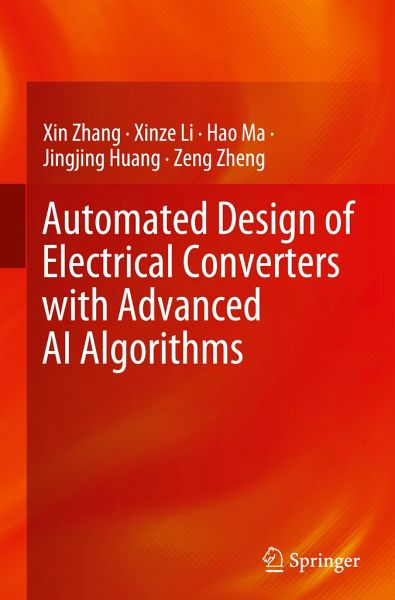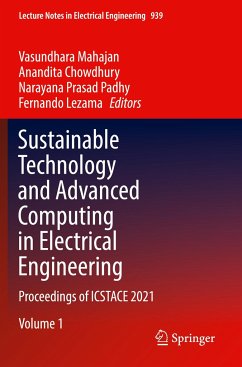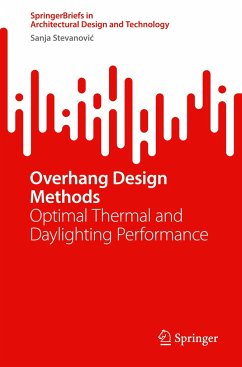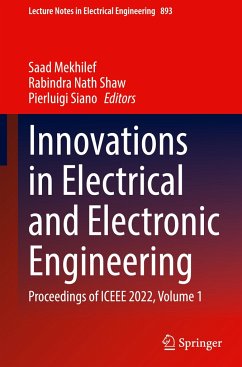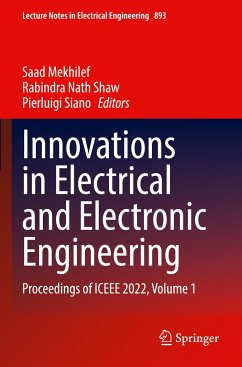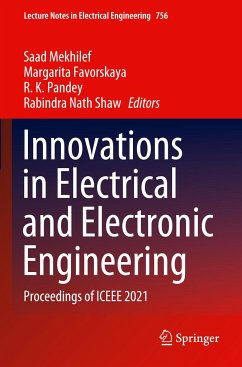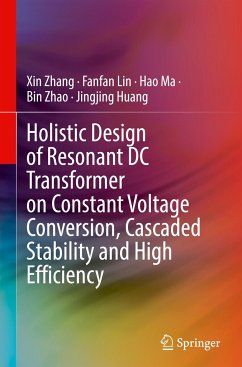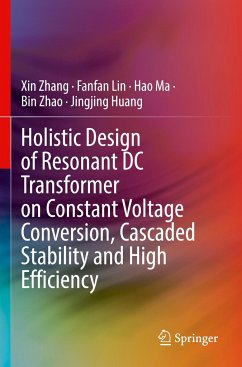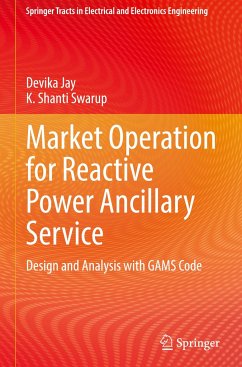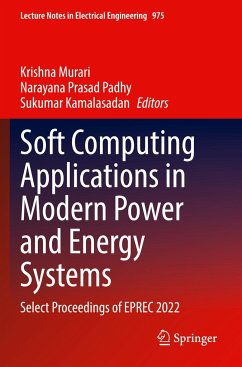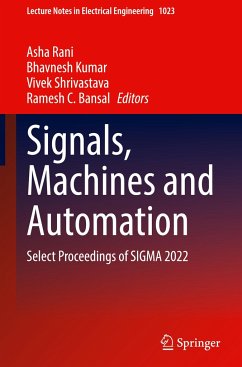- Xin Zhang, Xin Zhang received the Ph.D. degree in Automatic Control and Systems Engineering from the University of Sheffield, U.K., in 2016 and the Ph.D. degree in Electronic and Electrical Engineering from Nanjing University of Aeronautics & Astronautics, China, in 2014. From February 2014 to December 2016, he was a Research Associate with the University of Sheffield. From January 2017 to September 2017, he was the Postdoctoral Research Fellow at the City University of Hong Kong. From September 2017 to August 2020, he was an Assistant Professor of power engineering with the School of Electrical and Electronic Engineering, Nanyang Technological University, Singapore. Currently, he is a Full Professor at Zhejiang University. He is generally interested in power electronics, power systems, and advanced control theory, together with their applications in various sectors. Dr.Zhang has received the Highly Prestigious Chinese National Award for Outstanding Students Aboard in 2016.He is the Associate Editor of 8 SCI journals and transactions, such as IEEE TIE/JESTPE/OJPE Access and IET Power Electronics, etc. - Xinze Li, Mr. Li Xinze received bachelor's degree in power engineering from Shandong University, China in 2018 and currently working toward the Ph.D. degree in Electrical and Electronic Engineering from Nanyang Technological University, Singapore. He is the IEEE student member since 2018. His research interests include the applications of artificial intelligence in power electronics, fully automated design of power converters, DC-DC converter, circuit parameter design, modulation design, filter design, electric vehicle, renewable energy, deep learning, computer vision, natural language processing, and evolutionary algorithm. - Hao Ma, Prof. Hao Ma received the B.S., M.S. and Ph.D. degrees from Zhejiang University, Hangzhou, China, in 1991, 1994 and 1997 respectively, all in Electrical Engineering.Since 1997, he worked as a lecturer, associate professor and professor at Zhejiang University. Currently, Prof. Ma is a professor in the College of Electrical Engineering, and is served as Vice Dean of ZJU-UIUC Institute, Zhejiang University. His research interests include Advanced Control in Power Electronics, Wireless Power Transfer, Fault Diagnosis of Power Electronic Circuits and Systems, and Application of Power Electronics. Prof. Ma is served as Director of Academic Committee of China Power Supply Society, Vice President and Secretary-general of Power Supply Society of Zhejiang Province, Associate Editor of Journal of Power Electronics (JPE), Associate Editor of IEEE Journal of Emerging and Selected Topics in Power Electronics (JESTPE). Prof. Ma was served as Vice Dean of college of electrical engineering, Zhejiang University (2013-2017), AdCom member of IEEE Industrial Electronics Society (2014-2015), Technical Program Chair of IEEE PEAC 2018 and IEEE PEAC 2014, Technical Program Chair of IEEE ISIE 2012, and was served as Co-chair of Power Systems and Smart Grids, IEEE IECON 2018, Special Session Co-chair of IEEE IECON 2017, Co-chair of Power Electronics and Energy Conversion, IEEE IECON 2013, and Co-chair of Power Electronics and Renewable Energy Track, IEEE IECON 2010. - Jingjing Huang, Professor Jingjing Huang received the B.S. degree from the Henan University of Science and Technology, Luoyang, China, in 2008, and the Ph.D. degree from Xi'an Jiaotong University, Xi'an, China, in 2014, both in electrical engineering. From April 2014 to November 2016, she was a full-time Lecturer with the Xi'an University of Technology, Xi'an. From December 2016 to December 2019, she was a full-time Post-Doctoral Research Fellow with Nanyang Technological University, Singapore. She is currently an Associate Professor with the School of Electronic and Information Engineering, Xi'an Jiaotong University. Her research interests include renewable energy systems, high-frequency transformer, hybrid ac/dc microgrid, and high-power converters. - Zheng Zeng, Professor Zheng Zeng received the B.Sc. degree in electrical engineering from Wuhan University, Wuhan, China, in 2009, and the Ph.D. degree in electrical engineering from Zhejiang University, Hangzhou, China, in 2014. He joined School of Electrical Engineering, Chongqing University, Chongqing, China, in July 2014, where he was promoted to associate professor in August 2017. From July 2018 to July 2019, he was a research fellow with School of Electrical and Electronic Engineering, Nanyang Technological University, Singapore. His research interests include grid-connected inverter for renewable energy integration and customized package for wideband gap power devices.
